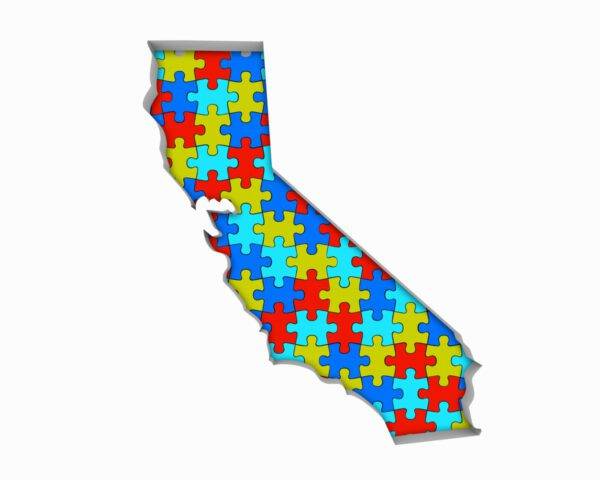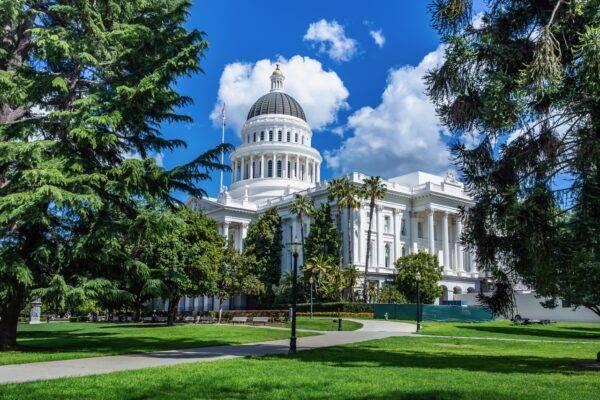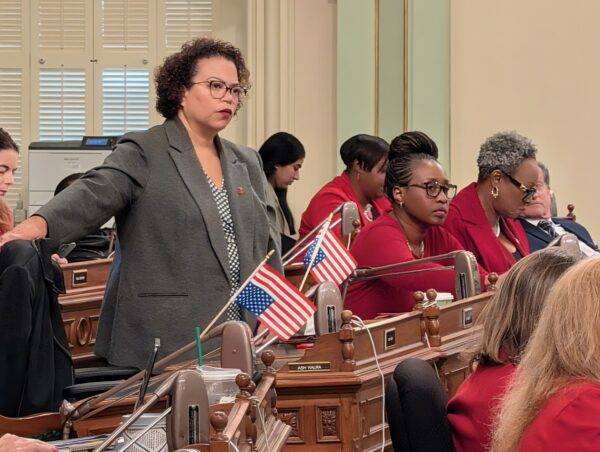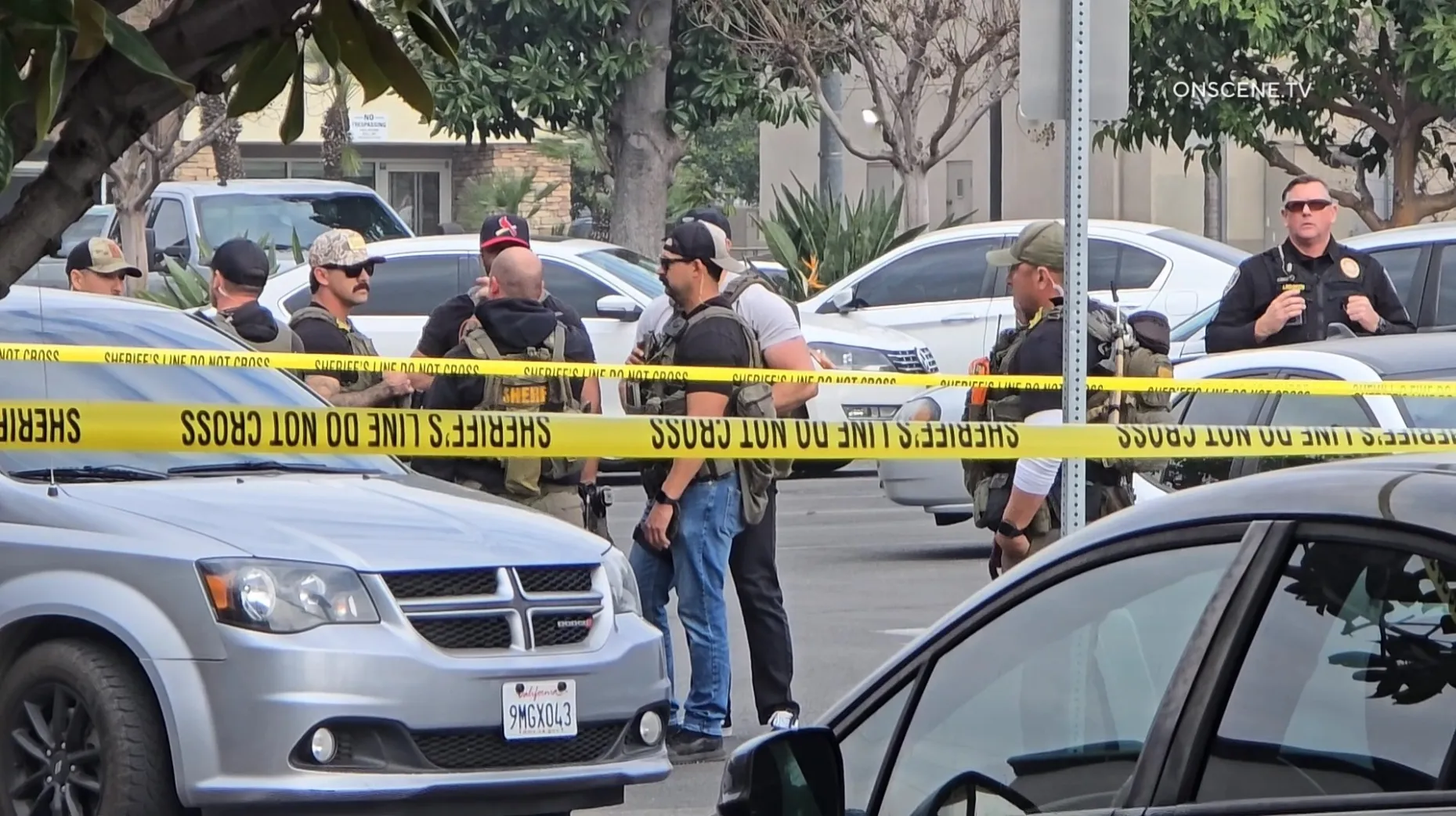The Protect Voters First Coalition is voicing concerns about Proposition 50, arguing that California’s proposed redistricting plan is designed to give Democrats an advantage in next year’s U.S. House midterm elections. The initiative, they say, is a response to Texas’ recent gerrymandering efforts aimed at securing more Republican seats in Congress.
Coalition leaders warn that if voters approve the measure allowing California to redraw its congressional districts in favor of Democrats, it could dilute Black voting power in certain regions and erode the nonpartisan redistricting system voters established more than a decade ago.
During an editorial board meeting on Oct. 2 with Black media outlets across the state via Zoom with members of the coalition explained that if the measure is passed, it would be at the expense of communities of color that currently have political power based on voting blocs.
The redrawing of the maps and the special election for Prop 50 have raised a “tremendous concern and impact,” said Bishop Dwight Earl Williams, a resident of Stockton and founder and President of New Genesis Outreach.
According to Williams, the proposed map would divide San Joaquin County into as many as five congressional districts, unlike the two that currently represent the area.
The city of Stockton, with a population of over 350,000 residents, itself would be redrawn into multiple congressional districts under the map created by Assembly Bill (AB) 604.
“Our concern is quite frankly this, here in the San Joaquin County area, where we are based, we have built a strong consensus across many stakeholders throughout the area,” Williams said during the call.
“Across ethnic lines, denominational lines, and across every sector imaginable to find a consensus for the development that we wanted to have in one congressional district.” Williams continued.
“We were able, after many hours, many marathon meetings with the redistricting commission, to achieve approximately 95% of the issues for one district. Our concern is that Prop 50, on the yes side, would completely destroy that work. We are a strong ‘no’ on Proposition 50,” the bishop emphasized.
The Protect Voters First Coalition is a broad alliance of good governance-focused organizations, social justice advocates, community leaders, and everyday Californians dedicated to ensuring fair, transparent, and accountable elections.
The Say No on Prop 50 campaign committee is funded by Republican donor Charles Munger Jr.
In August, the California legislature voted to include Prop 50 on the November ballot. If voters approve the redistricting plan in November, the California congressional map would be used for the 2026, 2028, and 2030 federal elections, and the independent California Citizens Redistricting Commission would meet to draw a new map after the 2030 Census.
Gov. Gavin Newsom proposed the measure, “Election Rigging Response Act,” in response to other states, such as Texas, undertaking partisan gerrymandering. Critics such as the Protect First Coalition say that Prop 50 would significantly revise the district of Democratic Representative Josh Harder (D-CA-9), which currently covers most of Stockton.
“Right now, we have one congressman and that basically would increase to five in San Joaquin County,” Williams said. “There will be a serious dilution of our representation.”
Along with Williams, other concerned citizens on the Zoom call included Jeanne Raya, an executive for an insurance agency in San Gabriel and former chair of California’s first Citizens Redistricting Commission, and Fabian Valdez Jr., an information strategist and predictive modeling and Geographic Information Systems (GIS) expert.
Raya, who was instrumental in establishing the independent Citizens Redistricting Commission — which draws the state’s electoral maps every 10 years – says the state’s message supporting a yes vote on Prop 50 is problematic.
“It’s misleading to the people who think that it’s temporary and that politicians are not going to see the value in holding on to the power that they are going to have for the next five years,” Raya said. “I think by the time this happens in 2030, people will have forgotten how important the Independent Commission is. They will get used to seeing that incumbent protection plan.”
Valdez used the Citizen Voting Age Population (CVAP) to drive home his point of how the Prop 50 campaign is more focused on combating the Trump Administration.
Valdez discussed how the new proposed maps change some of the “traditional grouping” of the current map laid out by the redistricting commission, and how it affects the regions and neighborhoods. “The ‘yes’ side has not done any presentation about maps. They just say that it’s about Trump,” Valdez said. “I understand that, but they are not talking about what the maps are doing and how they are splitting communities.” CVAP consists of all United States citizens who are 18 years of age or older. It is a key metric used to calculate voter turnout and analyze voting patterns.
According to Census.gov, the total citizen voting-age population was approximately 236 million people in 2024. The district U.S. Representative Kevin Kiley (R-CA-03) represents would become more Democratic-leaning area if the map changes, Valdez said.
The new map would put many Black residents of South Sacramento into a district that reaches up to Truckee, a predominantly White town101 miles east of the State Capitol.
Prop 50 would shift part of the congressional district represented by Robert Garcia (D-CA-42). Valdez said that there are 38,452 Black or African American CVAP voters in California’s 42nd Congressional District as of 2022.
California cities with significant Black populations, such as Inglewood, will remain in one district that is represented by Maxine Waters (D-CA-43). Compton and Carson are currently in U.S. Representative Nanette Barragán’s (D-CA) 44th Congressional district and will remain there.
East Bay Area cities, such as Richmond, Vallejo, Bay Point, Pittsburg, and Antioch have a high density of Black voters 18 or older, based on the municipality’s overall population. On the proposed redistricting maps, the five cities would be split into three different districts. On the current maps, they are in one district, Valdez said.
“This is a constituency. It shows proof of Black voters or Black residents who may want to have their voice heard and maybe not be split up,” Valdez said. The California Legislative Black Caucus (CLBC) has publicly supported Prop 50. The caucus voted as a bloc in the legislature to put the measure on the ballot and later issued an official statement in favor of the measure.
“The members of the California Legislative Black Caucus stand in full solidarity with the Texas legislators who fought against these plans. We stand with the members of Congress holding the line against tyranny, and we stand with the people of California–and the nation–who are lifting their voices to say, ‘enough is enough,’” the CLBC statement read.
Editor’s Note:
Next week, our coverage will feature perspectives from supporters of Proposition 50. Black publishers, editors, and writers will meet with members of the “Say Yes to Prop 50” coalition this week to discuss their views on California’s redistricting effort and their impacts. That follow-up aims to provide readers with a balanced look at both sides of the debate surrounding Prop 50 ahead of the November 2025 special election.
Correction:
An earlier version of this story misstated details about proposed district changes under Proposition 50. That article stated that the parts of Long Beach that would be affected by Prop 50 redistricting are located in the 47th U.S. Congressional District represented by U.S. Rep. Dave Min (D-CA-47) – instead of the 42nd District, which is represented by Robert Garcia (D-CA-42).







